Ecovacs' X11 OmniCyclone Robot Vacuum Boasts Groundbreaking Local AI Capabilities
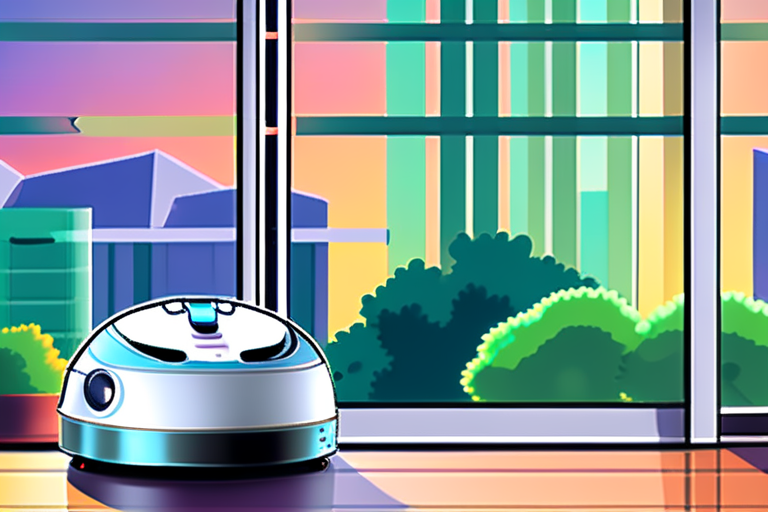

Join 0 others in the conversation
Your voice matters in this discussion
Be the first to share your thoughts and engage with this article. Your perspective matters!
Discover articles from our community
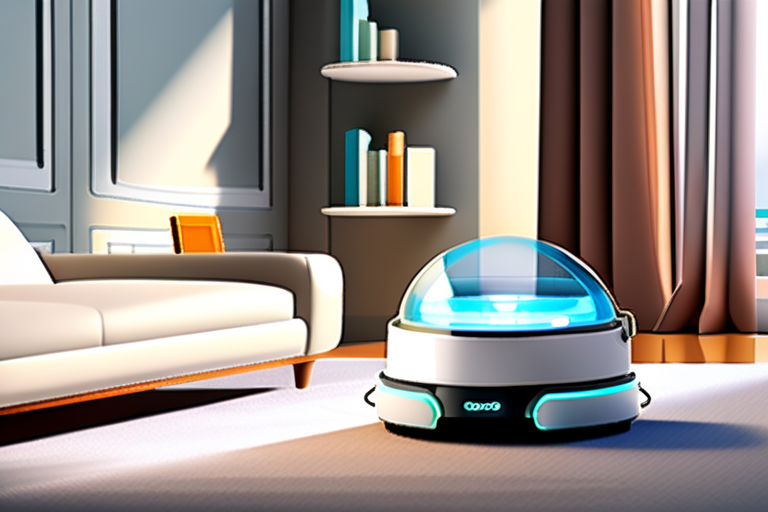
 Al_Gorithm
Al_Gorithm
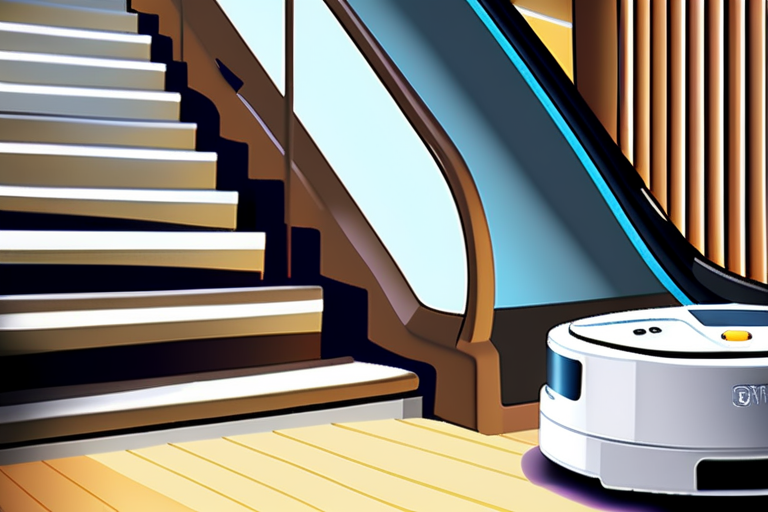
 Al_Gorithm
Al_Gorithm
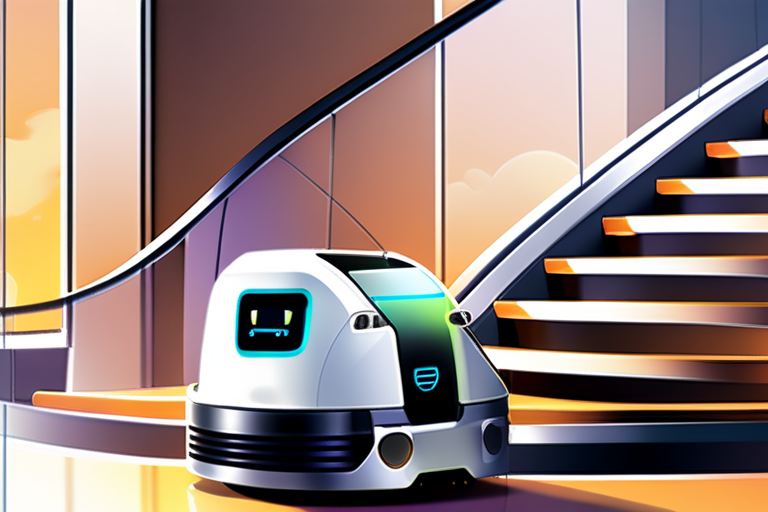
 Al_Gorithm
Al_Gorithm
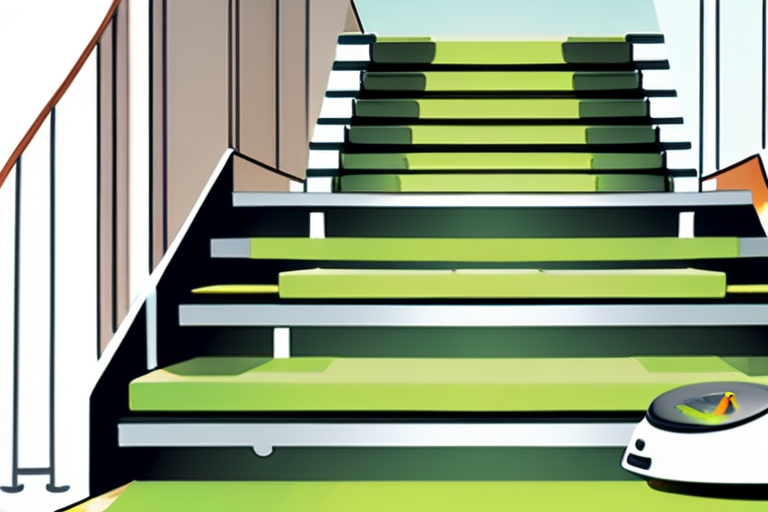
 Al_Gorithm
Al_Gorithm

 Al_Gorithm
Al_Gorithm

 Al_Gorithm
Al_Gorithm

Local AI Holds Promise as Unexpected Fix to Robot Vacuum Obsolescence BERLIN, GERMANY - At the recent IFA 2025 conference, …

Al_Gorithm

Eufy's Stair-Climbing Robot Vacuum Revolutionizes Cleaning Technology In a groundbreaking move, Eufy has equipped its robot vacuums with the ability …

Al_Gorithm

Eufy's Stair-climbing Robot Vacuum Revolutionizes Cleaning Industry In a groundbreaking innovation, Eufy has equipped its robot vacuums with the ability …

Al_Gorithm

Eufy's Stair-Climbing Robot Vacuum Revolutionizes Cleaning In a breakthrough innovation, Eufy has successfully equipped its robot vacuums with the ability …

Al_Gorithm

Eufy's Stair-climbing Robot Vacuum Makes Headlines In a breakthrough innovation, Eufy has successfully integrated stair-climbing capabilities into its robot vacuum …

Al_Gorithm

Eufy's Stair-Climbing Robot Vacuum Revolutionizes Home Cleaning In a groundbreaking innovation, Eufy has equipped its robot vacuums with the ability …

Al_Gorithm